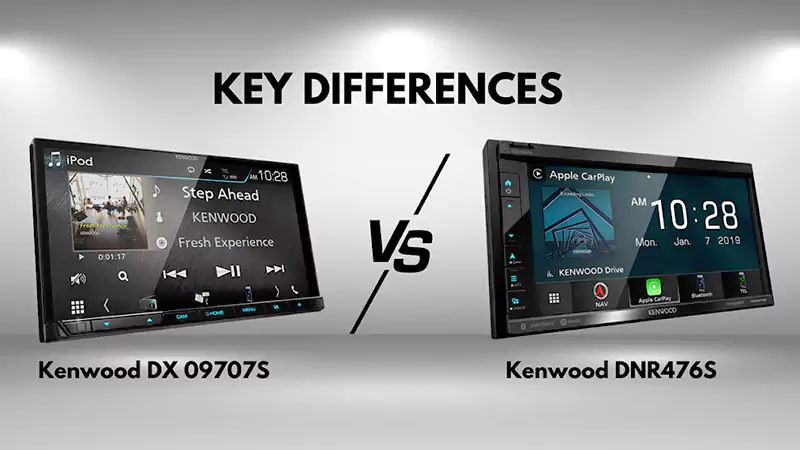Three Slang Shows Series on Netflix for Beginners.
Slang is a term for colloquial words not often found in dictionaries.
Welcome to your comprehensive resource for German slang terms and expressions! This article will explain the most valuable German everyday terms and idioms to help you sound more native.
As you gain a deeper understanding of the language and culture, knowing colloquial words and expressions will be helpful as a German language learner. The more you learn, your vocabulary and oral communication skills will improve in German.
You can also watch German television and movies to improve your language skills and learn new expressions.
For fun German language content suitable for learning the language, Visit the Lingopie website to get the latest extension, where students can connect their Netflix account with their Lingopie subscription and use all information to speak like a local.
Slang Terms and Expressions in German:
- The Servus:
The Latin phrase “at your service” is the source of the oldest German colloquial greeting. This greeting, which means “goodbye” and “hello,” is standard in Bavaria, a part of southern Germany with a distinct dialect and language.
- The Alter:
The slang term “alter” can refer to different things depending on context. “Friend” or “friend” are two translations of this word. It can be used as an interruption to greet a friend or express surprise, or draw attention during a conversation.
Man! Guess what I just saw!(“Alter! Rat’ mal, was ich gerade gesehen habe!”)
My God! What did you do? Alter schwede! Was hast du gemacht?”
- Mahlzeit:
Mahlzeit is a German phrase that translates to “meal time.” After all, it’s similar to saying “good morning” or “hello” when a German person does it. The phrase derives from the more formal greeting Gesegnete Mahlzeit, which translates to “happy dinner.”
Hence, we can create a brief informal discussion between the two friends utilizing the three German slang terms mentioned above.
Hey dude, what’s up?
Mahlzeit Alter, was geht?
- Hammer:
Another highly applicable German slang phrase, “hammer,” can be used to express intense joy or displeasure. Friends around Germany use this unusual language when talking to each other.
A hammer highlights a term, such as superior.
For example, Hammer gel is “so cool” while Hammer Schreiber is “absolutely sh*t.”
- You’re the best!
- Du bist der Hammer!
- That is an outrage
- 15 Euro für ein Bier?!
- Das ist ja der Hammer
Netflix has German Shows for Language Learners:
Let’s look at our top tips now that you know how watching Netflix movies from Germany can improve your language skills.
Remember that you can make these movies more accessible by using subtitles.
- Türken & Ein Babyas:
Our initial proposal is titled Three Turks and a Child. The comedy, a more contemporary adaptation of One of the Brothers, suddenly finds himself in charge of his ex-child girlfriend.
- Four Minutes:
Frau Trude Krueger, a prison piano teacher, is introduced to Jenny Van Luben while she is incarcerated for murder. Frau Trude tells Jenny that her hands are too rough and she cannot play the piano. An angry Jenny attacks a prison officer who is also learning the piano.
Frau Trude, however, is impressed when she hears Jenny play and offers to teach her. German rapper Echo Fresh appears in the 1987 English-language blockbuster Three Men and a Baby. When Jenny enters a piano competition, one of the competitors is inmates who learn of her success; they become jealous, tie her to a bed, and set her hands on fire.
- The Four of Us:
Four friends reunite at a beach house after a partner-swapping experience with a “no sex” rule to deal with the unpredictable consequences of this dangerous game. This suggests that what both couples did not want from their relationship was their partner, even though they intended to experiment to find out what they wanted from their relationship.
The following programs are typical Spanish TV programs:
These are the top five Spanish-language television programs we’ve encountered or know about.
- Destinos: Destinos is a 52-episode Spanish television program created to teach Spanish, emphasizing words and expressions used in everyday life.
Lawyer Raquel Rodriguez travels to Mexico, Spain, Argentina, and Puerto Rico to uncover the secrets of a dying man.
Following the plot, you can learn about the dialects and words of each of these four nations.
The series is well done and aimed at Spanish learners at an upper beginner or lower intermediate level.
- Best Shows for Spanish Learners:
If you want to learn Spanish just like native speakers, you can see Spanish shows to learn Spanish on Netflix. Lingopie provides the best solution to learning any language. Join our subscription and connect yourself with the latest updates on the Spanish series.
- Narcos:
This American crime drama depicts the growth of drug cartels around the world and the efforts of local law enforcement teams to deal with the problem as actual events.
The emergence of drug cartels around the world and the efforts of local law enforcement teams to combat the problem.
Critics have praised the drama Narcos, which examines the beginnings of Mexico’s drug war. It has won several awards, including Best Ibero-American TV Miniseries at the 2019 Platino Awards.
Like the other shows on this list, Narcos uses subtitles, making it one of the best ways to learn Spanish on Netflix. Narcos is a fantastic way to learn Spanish words and phrases while still being thoroughly entertained.
- Vis a Vis:
It’s a fantastic and brutal Netflix series that follows the story of Macrina, a woman who finds herself imprisoned after trusting the wrong person and meets various exciting and terrifying characters. It is one of the shows in Spanish.
In addition to providing viewers with a wealth of Spanish phrases, words, and colloquialisms, the program lets them listen to various Spanish accents, which is especially useful if you’re considering visiting the country and trying to understand it. Watch these series of TV shows, visit Lingopie, and enjoy the latest way of learning.









